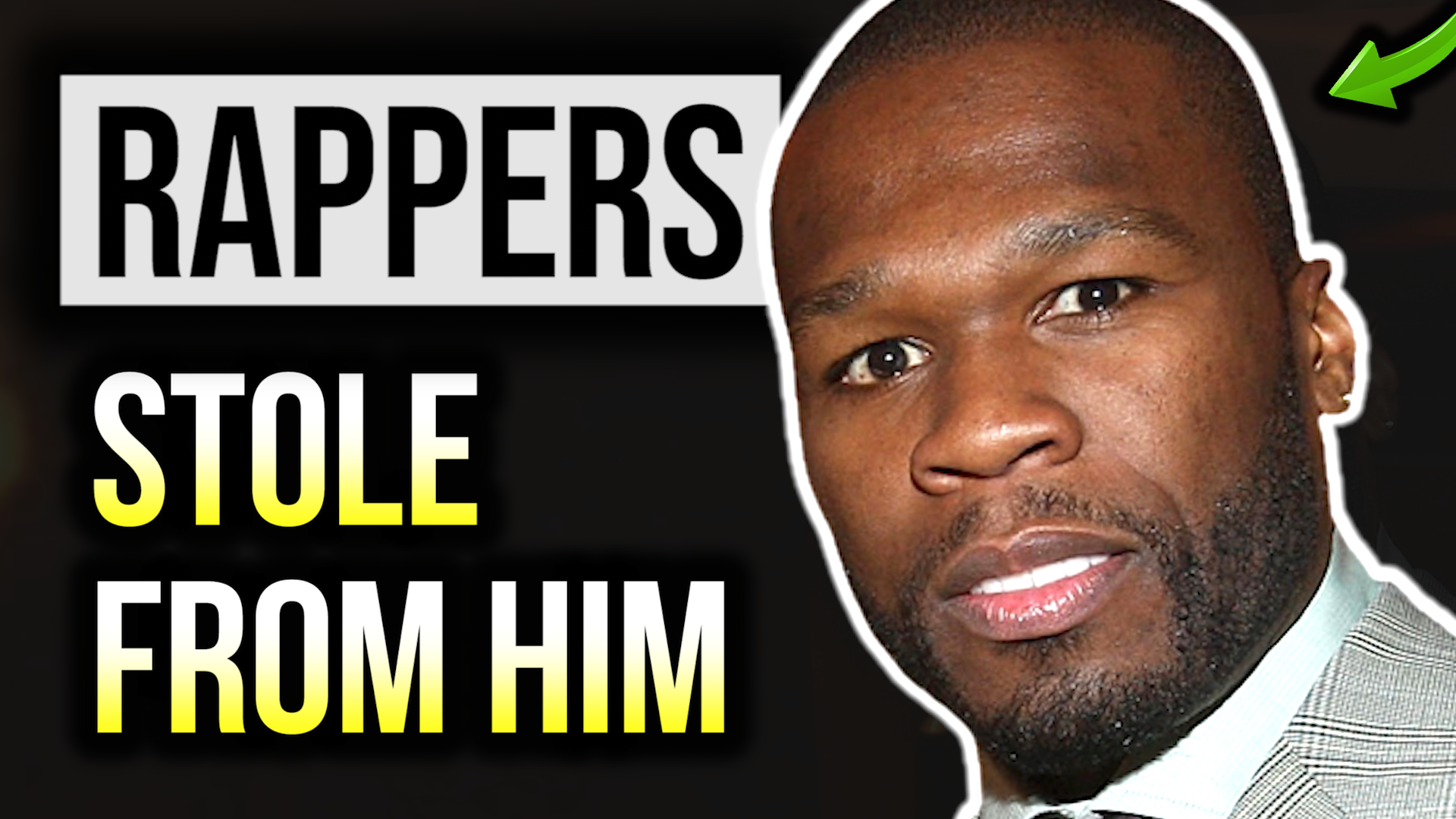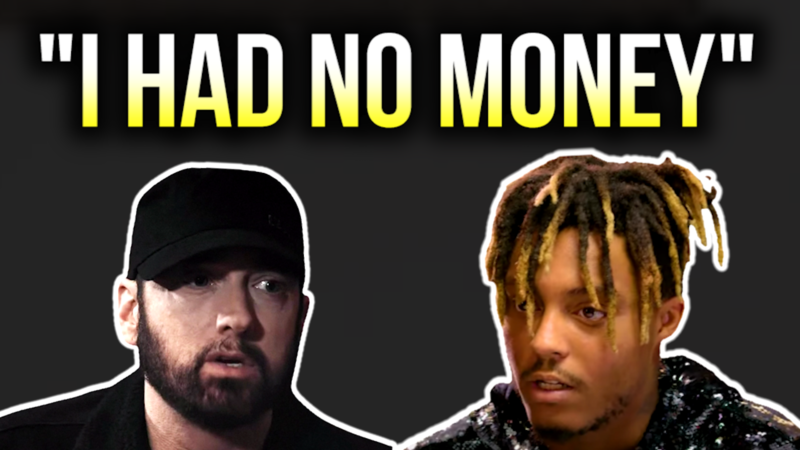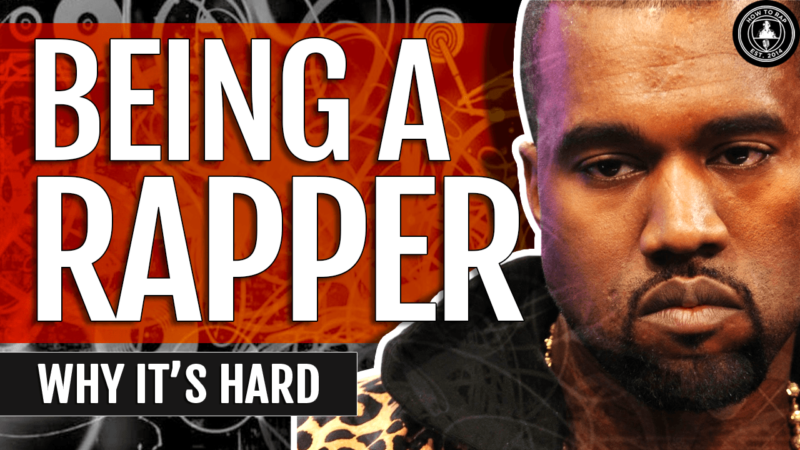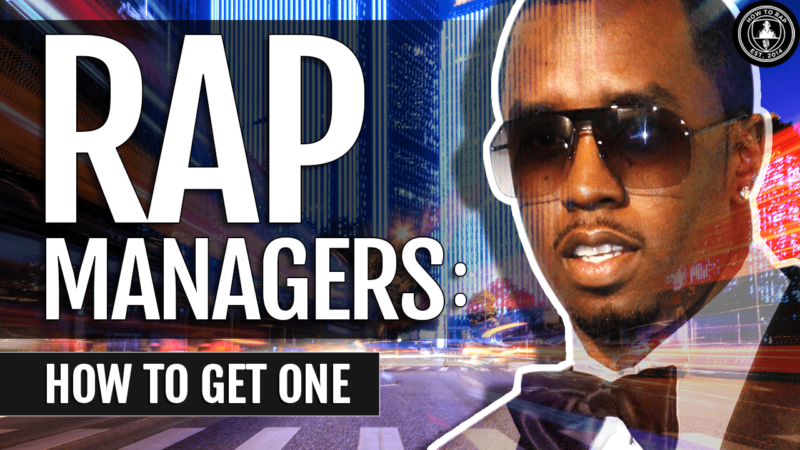3 Ways 50 Cent Changed The Rap Music Industry Forever

While his commercial success and famous antics in the rap music industry are the stuff of legend, Curtis Jackson (a. k. a. 50 Cent) often doesn’t get enough credit for his influence on the legacy of Hip-Hop over all.
As stories of his checkered past and celebrity feuds steal headlines, after his first album or two, his musical abilities often came second in the mainstream press.
The truth is, 50 Cent has done more for the modern rap music industry than even many of the most hardcore Hip-Hop fans know.
In today’s article, we’re going to give you 3 ways 50 Cent changed the rap music industry forever.
#3 He Changed Rap From “Verse First” To “Chorus First” Music
Think of a famous 50 Cent song, and what is the first thing that comes into your head?
Whether it’s “In Da Club”, “P.I.M.P”, “Window Shopper” or any of his other blockbuster hits, chances are it’s the hook or chorus that has you spitting along before you’ve even realized it!
50 Cent cites his short-lived working partnership with Jam Master Jay as an education in writing catchy choruses.
“I didn’t actually know how to count bars when I met Jay. I would write a verse and it would be 12 bars, sometimes 14, sometimes 18… everything but 16 bars you know… he kind of trained me to write the chorus, and he was like… he’d write make the chorus to the record 3-4 times before I started. And this is why sometimes I have habits based on that. Sometimes I’ll put more than one melody on the actual record. So for example, on P.I.M.P., I’ll say, ‘I’m a P.I.M.P… and then there’s a part in the record where I’ll say, I’m ‘bout my money you’ll see… ‘ So, there’s a bridge area on the record and I learned how to do that under Jay’s tutelage”.
50 Cent on Jam Master Jay
This is a noticeable difference in mentality from the verse-centric, bars-heavy rap of earlier generations such as KRS-One, Rakim, Nas, and the Wu-Tang Clan.
Although many of the most iconic rap songs indeed have memorable chorus (think of “Juicy” by The Notorious B.I.G. or “California Love” by 2Pac and Dr. Dre)…
The main “showpiece” of the performance was the verse of the rappers as opposed to the chorus itself.
50 Cent flipped that on his head when he dropped the hook-heavy instant classic Get Rich or Die Tryin’ in 2003.
50 often takes the chorus a step further, including multiple tunes and hooks in one song.
Take “P.I.M.P.” as an example, where 50 describes his strategy as “You’ll hear the chorus area, and then you’ll hear an area that feels like a bridge on the record, but that’s out of the habit, that I write two or three melodies in every song”.
The music backs this up with the main hook playing throughout the track, ensuring it’ll be stuck in your head for days.
It’s also worth noting that a huge number of his tracks start with a chorus rather than a verse, catching your ear from the get go. In fact, of the 18 tracks on Get Rich or Die Tryin‘, a full 13 of them start with a chorus! Of the singles he released for that album, 100% of them start this way (“In Da Club”, “21 Questions” and “Many Men”).
This ability to pen a catchy anthem is one of the main things that launched him to stratospheric fame, and solidified 50 Cent as one of the biggest selling rap artists in history.
If you can get a track in people’s heads, you take up space in the zeitgeist, and that’s exactly what he’s done for almost two decades.
#2 He Reinvented The Mixtape
Back when 50 was an unknown rapper from Southside Jamaica, he didn’t just do things the way everyone had before.
Instead, he flipped the mixtape formula on its head, not only splitting the art form open for new generations of rappers to build on, but using this new method to get unprecedented buzz for his work.
Originally, a mixtape was a recording of a live show, but in the 90’s, prominent DJ’s popularized a new wave of tapes, getting rappers to freestyle over other people’s beats.
These were exciting and collaborative, but wouldn’t follow the standard format of a song.
When 50 was dropped by Columbia Records in the early 2000’s, the young rapper suddenly had to figure out how to generate buzz on his own.
He started taking artists records that were already out, and flipping them, redoing major hooks and writing his own verses to make the songs his own.
These often became so successful that fans gravitated towards his version more than the original, spreading them far and wide via bootlegs.
The bootleg industry, usually the bane of any creative’s life, actually ended up doing him a load of good, because not only did it give his music much more reach, but because he was reimagining the work of other artists as mixtapes and he wasn’t making money on them anyway, he wasn’t losing anything!
As 50 said in an interview, “what was a nightmare for an established artist was a dream sequence for an unsigned artist. The bootleggers bootlegged the CD to the point that they became my personal distribution and marketing team”.
All this buzz resulted in his debut album Get Rich or Die Tryin’ breaking multiple records and catapulting him to mainstream international fame. 50 Cent not only reinvented mixtapes as we know them today, he basically got bootleggers do all his PR for free!
#1. He Invented The Modern “Branded” Rapper
It’s hard to stay healthy on tour, and in the early 2000’s, 50 Cent noticed he was starting to lose his fitness and put on weight. While working out at a gym in LA, he had an idea, and in 2005 he signed a deal with Vitamin Water.
At the time, rappers were usually known to work with liqour companies (you might remember Nas and Hennessy teaming up, among many others), so straight away this was a departure, but that’s not the only reason 50’s collaboration was a game changer.
Instead of getting an up-front fee for working with the company, 50 decided to get equity in the company, investing in the future of the brand (and thus his wallet) instead of just taking a pay cheque now.
When Coca-Cola bought out Vitamin Water in 2007, they paid $4.2 billion in cash, and some of that was his!
The official analysis from Forbes was that he walked away with $100 million, but a lot of his friends and business associates have hinted it’s much more than that, as much as $400 mil.
It was his savvy, willingness to think outside the box, and investment in the future that put 50 Cent among the top business minds in Hip Hop, and resulted in many artists following his lead and getting equity in companies rather than just a one-off payment.
As 50 Cent has grown older, he’s focused more on the business and acting side of his career, so it’s easy to forget just how huge his influence on the rap music industry truly is.
Next time you’re listening to a mixtape from an exciting new artist, singing along to a catchy track, or watching your new favourite make good business decisions, take a second to remember how much they probably owe Curtis Jackson for leading the way.






